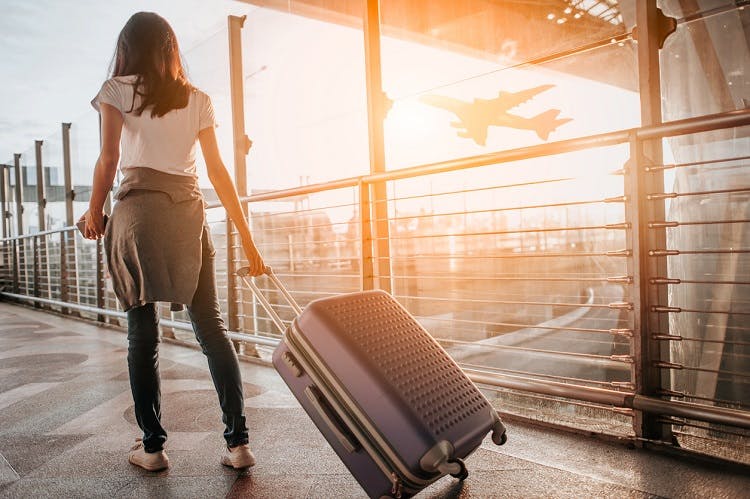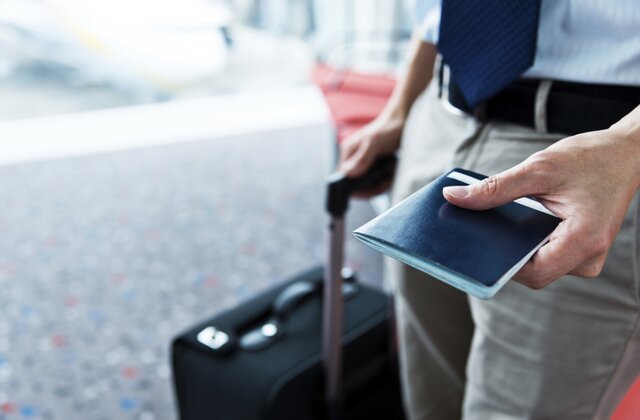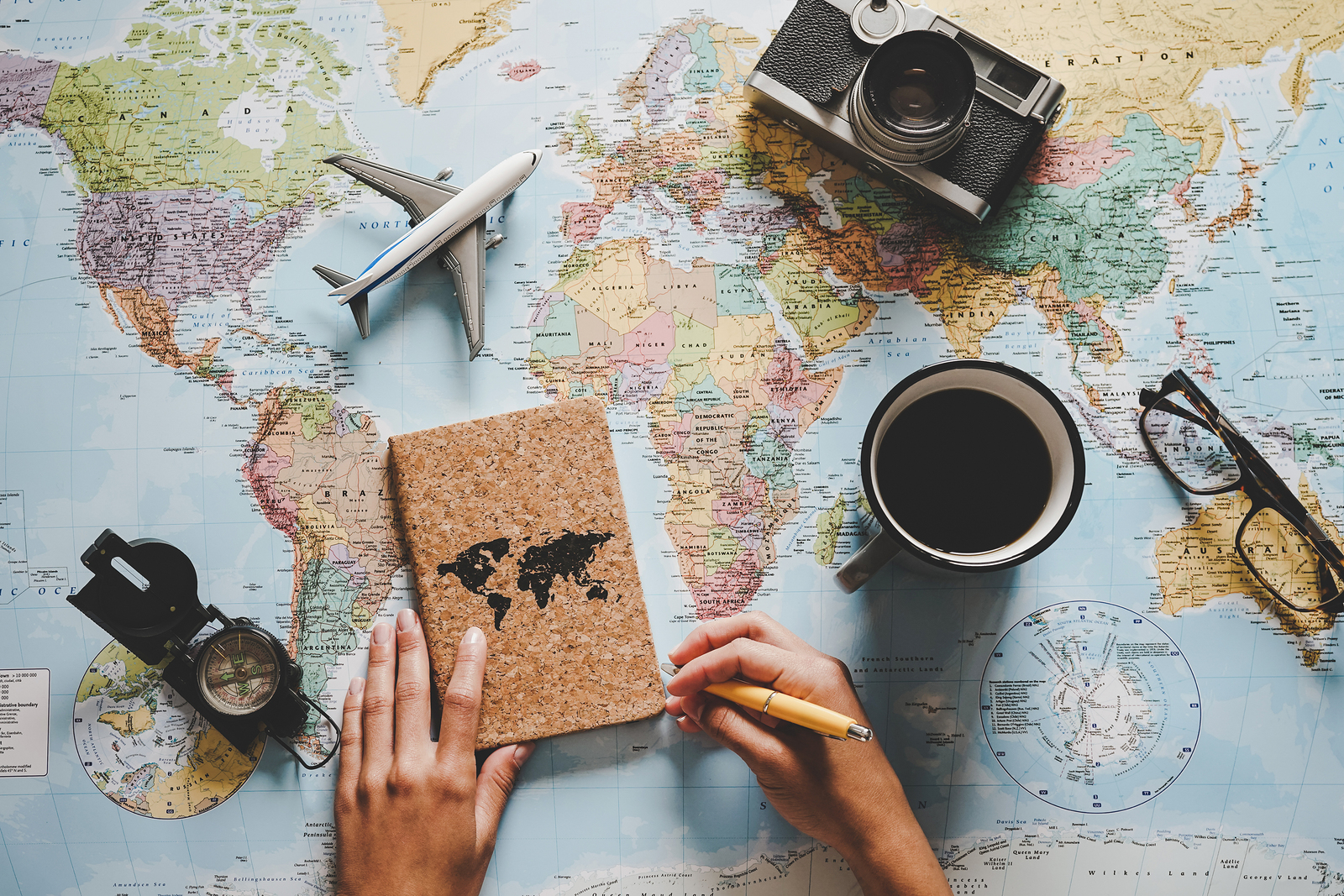
While the term third world country may immediately conjure up images of poverty and underdeveloped living conditions for many people, the truth is that third world countries can be one of the most exciting places to go to. In many cases, because they’re so underdeveloped, these places are full of natural beauty and rich in culture.
Also, you have the advantage of knowing that you’re going to a place that isn’t saturated with tourists. Because there’s less demand for these underdeveloped, and so-called “third world” destinations, you can have a more authentic experience than you would in a more mainstream destination.
However, there are some things you should know before setting out on your trip. Here are some of the most important things you should know before traveling to a third world country.
Research Before
Knowledge is power, and the more you research and get to know the destination you’re traveling to before you go, the more prepared you’ll be. Get to know some of the most dangerous areas, and which areas are safe with a strong police presence. Get to know some of the local customs and societal norms, so that you can avoid getting yourself in awkward or even dangerous situations.
If the primary language is one other than English, get to know a few phrases, as this will significantly enhance your experience. Being able to ask for basic directions, or order food by yourself is extremely handy.
Don’t Expect The Same As Home
One of the biggest mistakes you can make when traveling to another country is believing that everything is going to be the same as at home. However, third world countries lack the same infrastructure that you’re used to. That means something you take for granted like regular electricity or even paved roads may not be possible in your new destination.
Adjust your expectations and remember that you’re not at home. Third world countries aren’t the same as developed ones, and staying flexible will help you avoid frustration.
The smartest thing to do is to carry items on you that can help you manage these irregular situations. Bring a water bottle, a few extra batteries or even a solar charger, and always carry a first aid kit. Being as prepared as possible for rough conditions can make you feel more comfortable, and help you stay better prepared.
Respect Culture
Remember, some things that seem perfectly normal at home, may not be acceptable where you’re traveling to. From what you wear, to what you say and do, some things that are deemed acceptable at home could be considered inappropriate or downright offensive elsewhere.
Follow dress codes, and always ask for permission before photographing locals. Show respect for local customs and ceremonies, and when in doubt, ask a local for advice.

 If you’re spending time in a hotel room as part of your travels, you’re going to want to make this room as comfortable as possible so that you can get the rest you need to enjoy your trip. However, if you enter your hotel room and you notice that it’s much too hot or far too cold for your comfort, there are a few things that you should do rather than just suffering through it.
If you’re spending time in a hotel room as part of your travels, you’re going to want to make this room as comfortable as possible so that you can get the rest you need to enjoy your trip. However, if you enter your hotel room and you notice that it’s much too hot or far too cold for your comfort, there are a few things that you should do rather than just suffering through it.
